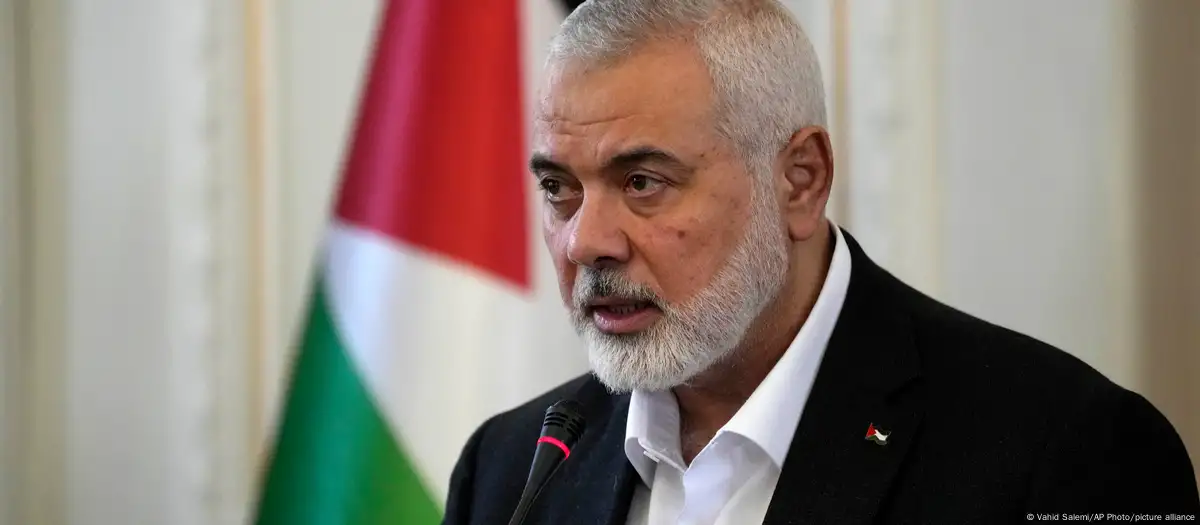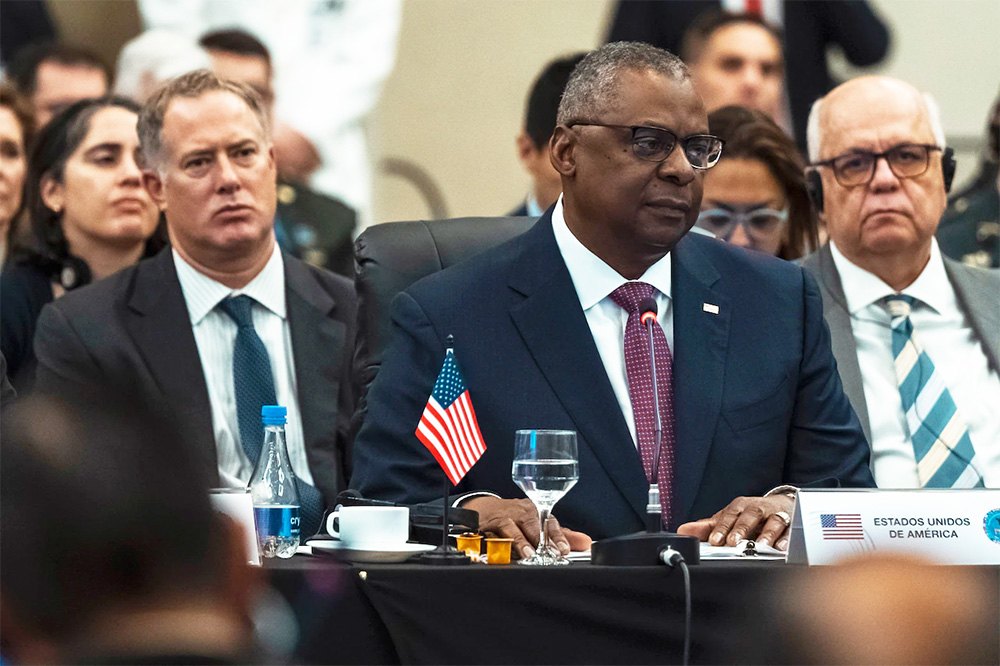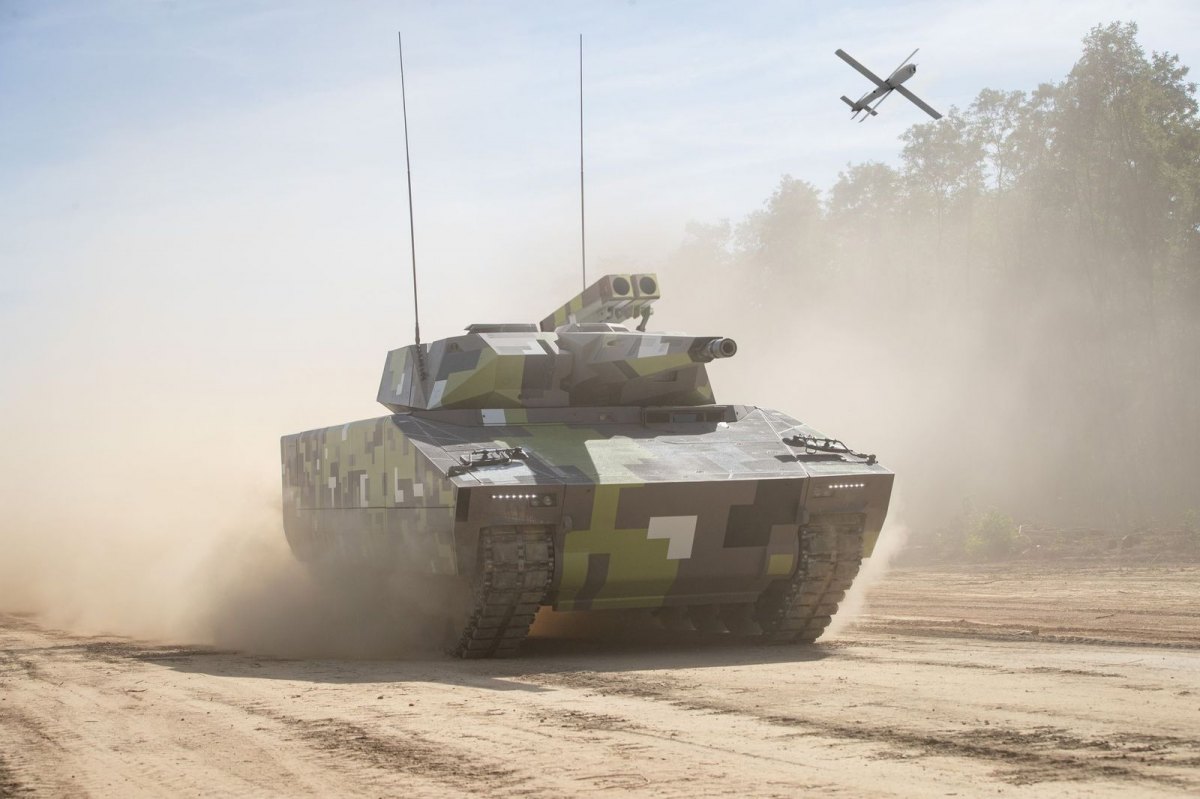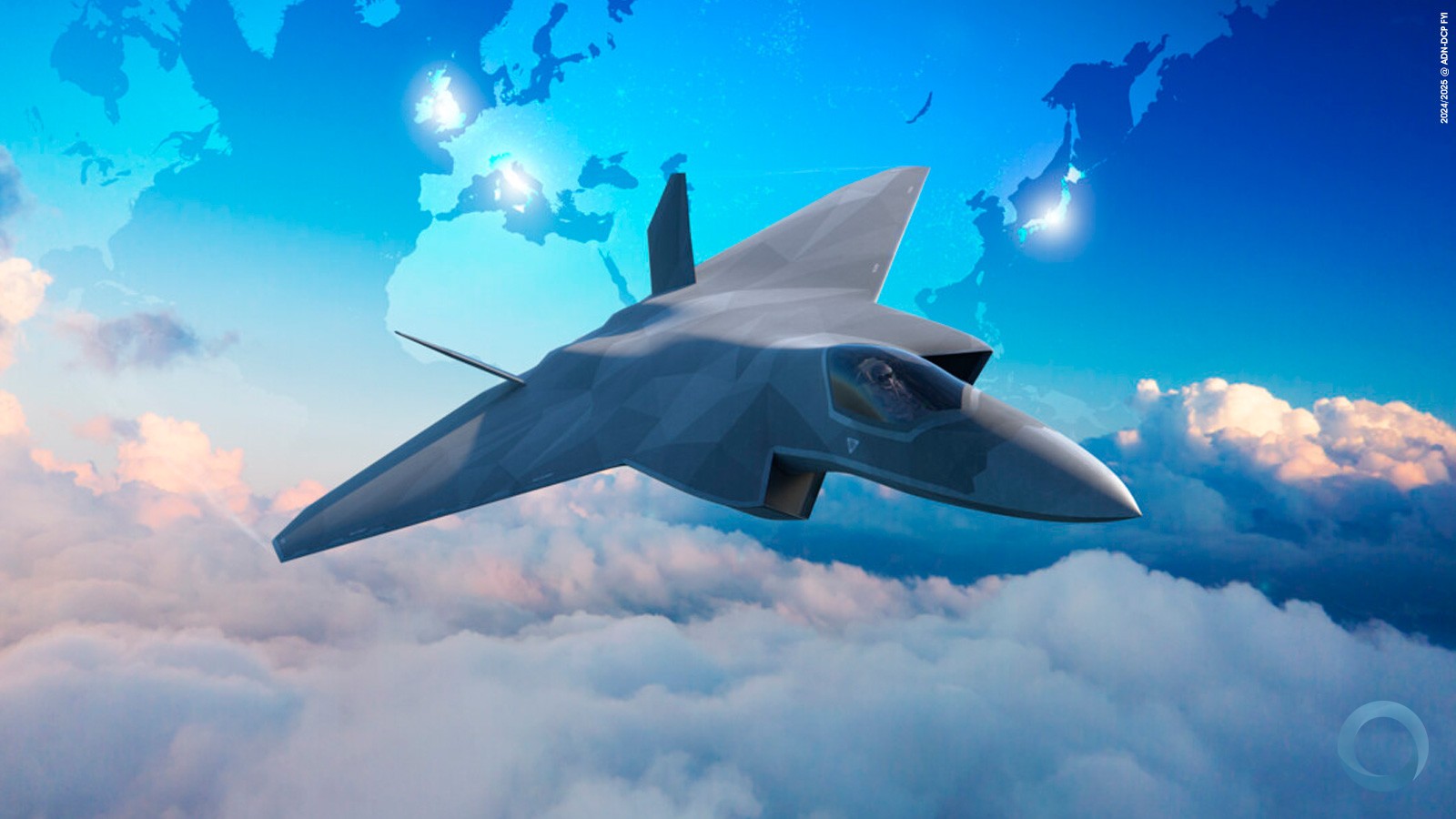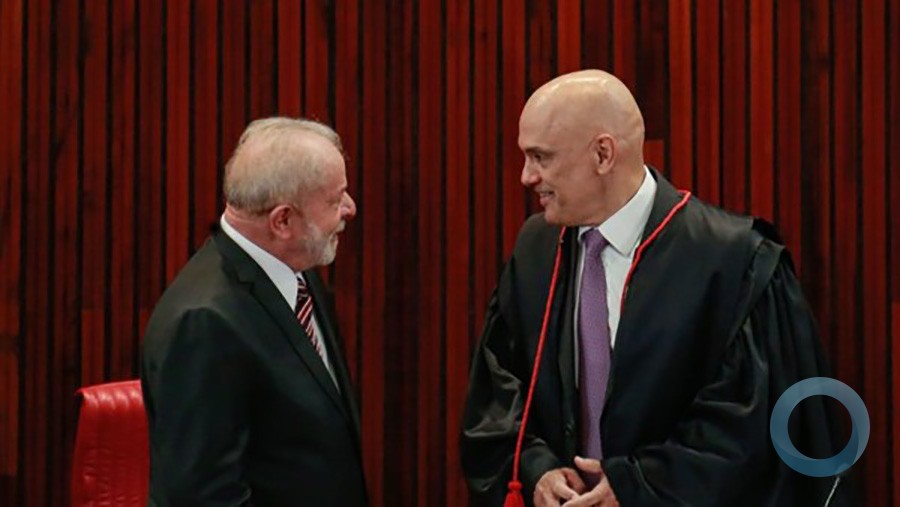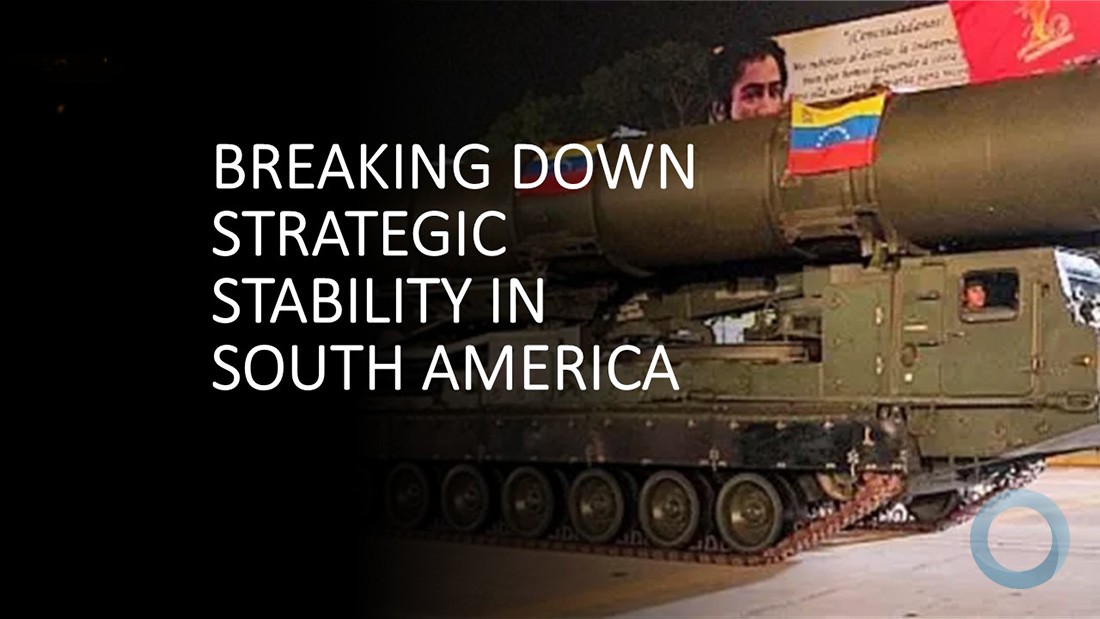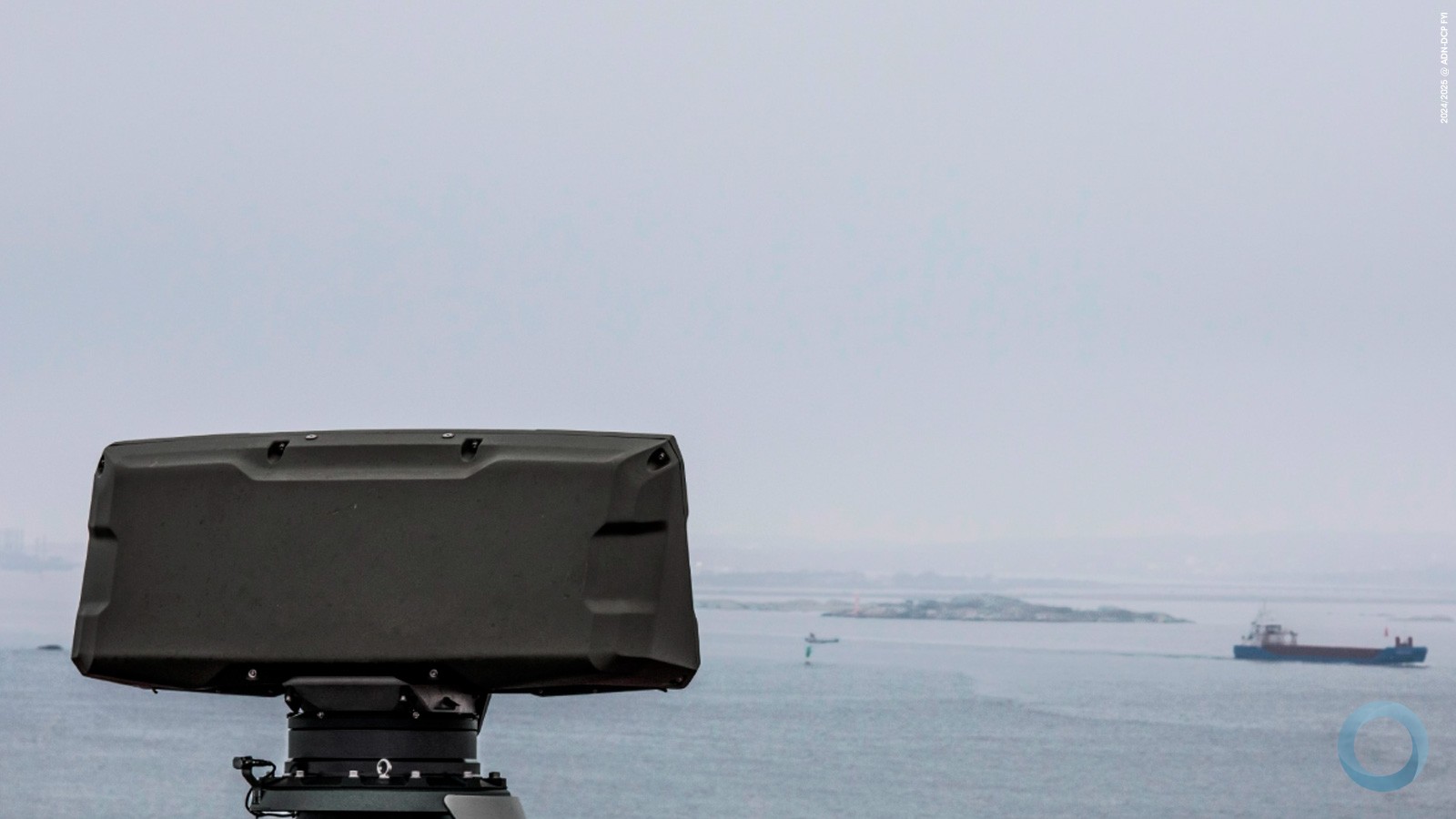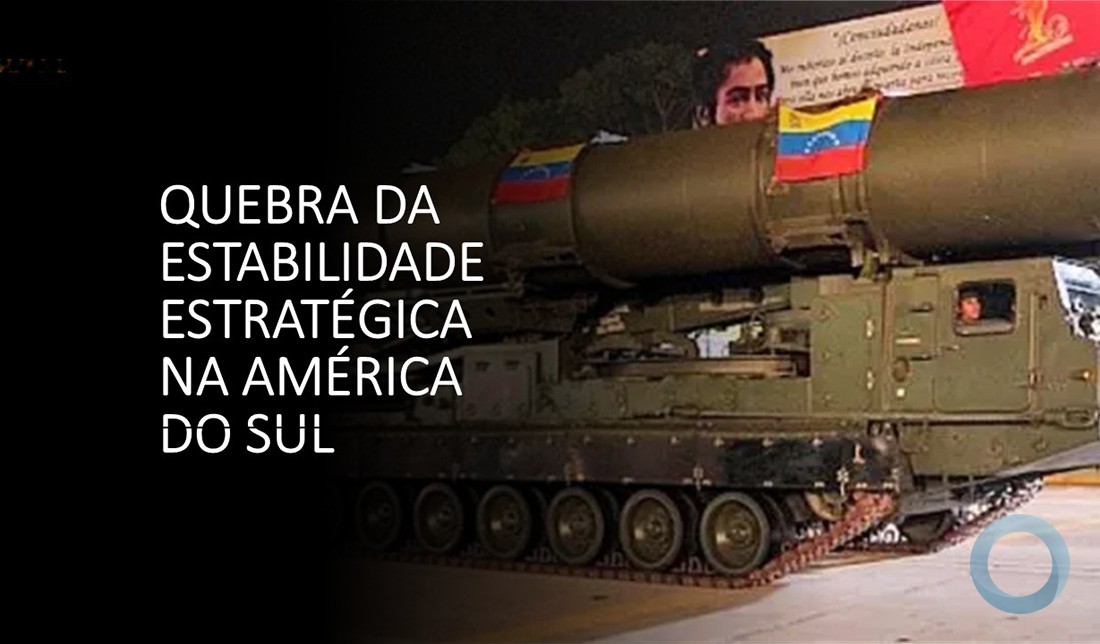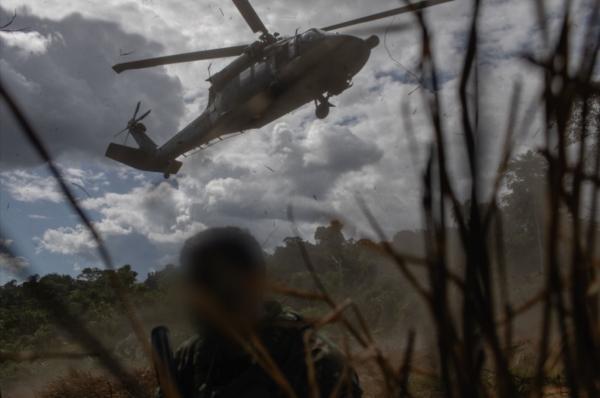Foreign Minister Sergey Lavrov's speech at the ministerial panel discussion during the Munich Security Conference, Munich, February 13, 2016
Russian President Vladimir Putin has been addressing many international issues lately. I’m sure that there are professionals here and that they are aware of our stance, all the more so as Russian Prime Minister Dmitry Medvedev spoke this morning. I won’t repeat myself. I would only like to add a few points.
In the past few years, each February in Munich, we have expressed the fact that European security, like the global situation in general, is developing in an unsatisfactory manner. We discuss steps that could improve the situation, but no fundamental changes ever happen.
Of course, we manage to accomplish certain things – that’s true. But often agreements are not carried out due to some of the participants' attempt to revise them retroactively to gain unilateral advantage to the detriment of the seemingly achieved balance of interests.
Yesterday marked one year since the adoption of the Package of Measures for the Implementation of the Minsk Agreements, a document approved by UN Security Council resolution. However, the implementation of the key political provisions have not even started – mainly due to the Ukrainian authorities' unwillingness to honestly make this effort and their eagerness to find pretexts to avoid the commitments they entered. It is positive that the US and Europe seem to have come to realise that such behaviour is unacceptable, as John Kerry's speech indicated, even given all his specific political correctness in line with the tendency for Russophobia in certain countries.
Another urgent issue is the long-running crisis in Syria. Here, cooperation has resulted in creating the International Syria Support Group and adopting UN Security Council Resolution 2254 that approves key parameters for settling the issues through negotiation between the government and the full spectrum of opposition, including the demand that the Syrians should be able to decide the nation's future themselves. However, in violation of this resolution, part of the opposition is presenting ultimatums and conditions for the negotiation process – well, they certainly know who to learn from – and are attempting to create discord within the International Syria Support Group.
One cannot fail to see the degradation in the Middle East and North Africa over the past five years, which began with the start of the so called Arab Spring and has led to Europe's migrant crisis and carries the threat that the terrorists could seize vast areas of the Middle East, North Africa and others regions. Unprecedented terrorist aggression has been seen in Europe, the United States, and the countries that are our allies under the Collective Security Treaty Organisation in Asia – all this presents a serious threat to international security. Unfortunately, despite certain success in the fight against ISIS, the al-Nusra Front, and the like, we have failed so far to create a truly efficient anti-terrorist front, substantially due to certain countries' inability to put aside nonentity matters and intentions to use the situation for changing political regimes and implementing other geopolitical ambitions. I hope that the results of the International Syria Support Group's meeting on February 11 in Munich will help change this attitude. A true union of the leading nations against international terrorism is also necessary to prevent the collapse of Iraq, Libya, Yemen and Afghanistan, whose territories, along with Syrian territory, is being infiltrated by ISIS, who are using the lack of an efficient unified international strategy to their advantage.
Recently the situation on the Korean Peninsula has abruptly become more tense due to the irresponsible and absolutely unacceptable actions by North Korea. But here again, there is still a tendency to take unilateral steps to punish Pyongyang, in circumvention of the UN Security Council, and to boost foreign military presence in the region to the detriment of mutual efforts to de-escalate the situation through existing negotiation mechanisms.
I think it is obvious to everyone that the baffling complexity of entwined conflicts and expanded conflict areas require a coherent mutual approach. However, joint efforts are being hindered by artificial restrictions, much like NATO and the EU's refusing full cooperation with Russia, creating the image of an enemy, and arms deployment to harden the dividing lines in Europe that the West had promised to eliminate. It appears that old instincts die hard. Today, the level of interaction between Euro-Atlantic organisations and Russia in certain spheres is even lower than during the Cold War period, not to mention the returning shibboleths of an ideological confrontation, whose conceptual basis ceased to exist a quarter of a century ago. Mixing the propaganda with real politics to the detriment of the prospects for solving key international issues has become a sign of our times.
Attempts to overcome this abnormal situation are being undertaken – for instance, by creating the “Group of Wise Men” under the Helsinki +40 process, However, consensus was never achieved as the group's report (as well as the report prepared for the current conference) turned out to be NATO-centric and the Western countries are presented in the documents as the "keepers" of the international system’s stability, which they apparently want to keep unshakable. But this won’t happen. In any case, a reform of the world order should be negotiated, because such NATO-centric egotism, which reflects political nearsightedness, does much damage to seeking solutions to real, not invented, threats.
At the same time – and this was mentioned earlier today – last year's events again proved that when one's idea of exceptionalism is put aside, the world's top nations – the US, the EU, China, Russia, as well as other leading countries – can manage to achieve breakthrough results. I’m talking about the Iranian nuclear programme settlement and Syria's chemical demilitarisation. It is certain that this method can be successfully applied to the other azimuths of global politics, including the settlement of the situation in the Middle East and, primarily, the Israeli-Palestinian conflict. But to apply such collective approaches and such efficient methods, you need to get used to working as a team and not make decisions for everyone and then punish those who do not agree with such a dictate.
I believe that the Munich Conference platform can be used for a serious discussion on ways to return to the culture of dialogue and not threats, and the art of compromise and not ultimatums. I am convinced that the professionals present here have enough experience, wisdom and skill to help make diplomacy the priority, the position that it should take during this period of developing a system for stable and lasting global governance – if we are interested not in swimming with the tide to the waterfall but in overcoming negative international trends and satisfying the expectations related to our cooperative efforts.
Question: Let me read both the questions. The first one is from Kenneth Roth of Human Rights Watch: “Considering that the Assad regime’s atrocities foster the recruitment of terrorists, why doesn’t Russia pressure him to stop using barrel bombs and taking civilians prisoner?” The second question comes from Mr Nouripour, a Green Party deputy at the Bundestag. His question is the following, “According to the UN, about 100,000 Syrians are besieged by Assad’s troops. The use of hunger as a weapon is a war crime. What will Russia say to the starving children?”
Answer: This is a very important question. We discussed it at length the day before yesterday and yesterday morning with the International Syria Support Group. We did focus on the humanitarian crisis in Syria which includes violations not only by one of the parties but by all the parties involved. Human Rights Watch, Amnesty International, and of course, international humanitarian organisations including the United Nations, admit that all the forces in these areas are violating international humanitarian law in one way or another. As to the besieged cities, this is not just about Assad. Most of the besieged civilians, well over 100,000 people, are also besieged by the opposition with Deir ez-Zor being the largest city with over 200,000 people. Overall, 400,000 people live under siege in Syria. The most frequently mentioned example is the town of Madaya with about 40,000 people.
I would like to remind you that this problem can only be solved through a concerted effort, after all, this is a war. And this fact is acknowledged in the communiqué adopted by the International Syria Support Group of February 12. We have listed cities, towns and villages that should be prioritised in lifting the siege and receiving humanitarian aid. The United Nations is doing critical work. But allow me to give just one example of how important it is to deal with all the parties in order to make progress. Last January, the UN held talks with the government to provide humanitarian aid to Madaya, and with the opposition to allow for shipments to two Shiite towns – Kefraya and Foua. The government fulfilled its obligations whereas the opposition has not. Yes, there was only one delivery to Madaya while we want more, as Mr John Kerry said describing our decision, as was mentioned at the news conference. The working group on humanitarian aid is already working in Geneva, and whatever hurdles may arise, they will be cleared immediately.
My opinion is the following: we shouldn’t demonise al-Assad, we shouldn’t demonise anyone in Syria except the terrorists, and these humanitarian issues should be solved through cooperation. Please bear in mind that assertions like “we will not negotiate until the humanitarian issues are resolved, until the violence is stopped,” are a road to nowhere, they are an outright provocation, since the Security Council decisions envision comprehensive negotiations between the government of Syria and the entire spectrum of opposition.
This is certainly a political process, and there are military issues, but it is also an issue of humanitarian aid distribution. We can do something now, we can make a breakthrough, take the first step, but a stable flow of humanitarian and other aid for civilians can only be secured in the course of a steady political process. Those who put forth further preliminary conditions to begin the political talks are taking this huge responsibility upon themselves, as are their supporters.
I would like to mention that if the humanitarian organisations are concerned, as they should be, about the fate of civilians, we shouldn’t also fail to neglect the chemical weapons issue and those who use them. John, as usual, just listed the Assad regime’s crimes, including his famous phrase that Assad is gassing his people. Mr Brennan of the CIA admitted yesterday or the day before, I think, that ISIS is manufacturing makeshift chemical weapons in Iraq and Syria, a fact that we tried to raise at the Security Council and were flatly refused by our US colleagues. They said back then that there was no evidence. I hope they will be more prone to cooperation now.
Yes, and concerning the use of hunger as a weapon, this is not unique. When the Ukrainian government launched a blockade of Donbass and Crimea by cutting off water supplies, by making life in Eastern Ukraine unbearable due to food shortages, many respected human rights organisations said this might be treated as crime against humanity, since water is an inalienable right. A few days ago I watched Euronews, which modestly describes itself as Europe’s most popular news channel. Yes, they say that. Euronews presented statistics which showed that 7 million people in Yemen, 50 percent of the population, are suffering from a lack of food. Thus we must solve this problem regardless of political alliances if we really want to act humanely and responsibly.
Question: Thank you very much. The last short question to everyone, Frank-Walter, Sergey and Phillip. On a scale of one hundred, how do you assess the probability that in a week you’ll be able to report the successful implementation of the project you unveiled yesterday, that is, the effective cessation of the military hostilities?
Answer: I would like to reply in greater detail. I have already stated in my short introduction and earlier that the key problem I see in my work is the negotiability of the partners or lack thereof. We have reached a very significant compromise at the International Syria Support Group meeting here in Munich, first of all, regarding humanitarian aid, and also regarding a ceasefire. By the way, all the UNSC resolutions and the Vienna Group papers talk about a ceasefire. All of a sudden it turns out in Munich that this is impossible, and it should be called the cessation of hostilities. As I understand it, this is yet another whim of the opposition that met in Riyadh. We have not yet completely analysed the meaning but we assume it means they will stop shooting, and this alone is a good thing. During the many hours of the ISSG work here in Munich I kept calling to organise the so called target groups both on humanitarian issues and a ceasefire. We want them to start immediately. But apart from these diplomatic tools, the key instrument in solving the issue of humanitarian aid distribution and especially the issue of a ceasefire is ensuring everyday non-stop cooperation and coordination between the military, primarily the US military, who heads the coalition they made up, and the military of the Russian Federation, taking into account that we are working in the Syrian Arab Republic at the invitation of the Syrian government and we have certain influences on Damascus.
Mr Kerry said today with such pathos (I understand the nature of the speech) that the US is insisting on close cooperation with Russia, including cooperation on the political, humanitarian and military aspects of the crisis. We have been trying to coordinate military activity with the US for the five months that the Russian Aerospace Forces have been operating in Syria. The only thing we’ve managed to achieve was an agreement of the procedure to avoid accidents. I have discussed this not only with Mr Kerry but also with the members of the Vienna Group, since if we approach the practical aims of the truce, nothing will come out of it without military interaction, and this must be understood by everyone. I appealed to reason with many of our colleagues, and a number of ISSG members did support me. That is why we managed to include in the final declaration a clause that cooperation is indispensable, including cooperation between the military. Mr Kerry assured me that that is exactly what would happen, that is, not just the prevention of accidental incidents but real coordination, identifying the areas held by terrorists and also areas that should not be targeted, etc.
But… I read two interesting statements this morning. The first one is from the Pentagon. A Jeff Davis said the US is not considering enhanced cooperation with Russia on combat operations in Syria, no changes in this regard, the US will only continue cooperating with Russia to prevent air accidents. It appears the Pentagon is not going to take any other steps. I hope this will be addressed. It means that no agreements will be fulfilled because the US is not ready for that. The second quote is also interesting.
The same Pentagon staffer said that the plan on a ceasefire in Syria that we agreed to will not affect the US operations against the Islamic State. Concurrently, Mark Toner of the US State Department said all the parties must stop combat activities – Russia, Bashar al-Assad and the opposition. In other words, the US coalition should not stop combat activities because it is fighting ISIS whereas the Russian operation must stop, even though we are fighting the same Islamic State, Jebhat al-Nusra and other organisations referred to as terrorist groups by the UNSC. And the fact that the discussion surrounding this truce, as became evident in today’s speeches, is slipping into the priority of stopping Russia’s air activities, leads me to very serious suspicions, and is reason to fear a disappointing conclusion on how our Munich saga, including this truce document, might end. Unless there is honest day-to-day contact between the military either in the region or in any other place with a clear vision of what is going on “on the ground” with the possibility of influencing it, nothing will be implemented. The statement we adopted has a clause on cooperation between the military, and if the US backs off now, they will take the enormous responsibility for this.
Question: It sounds like you’re betting on less than 50 percent?
Answer: 49 percent.





